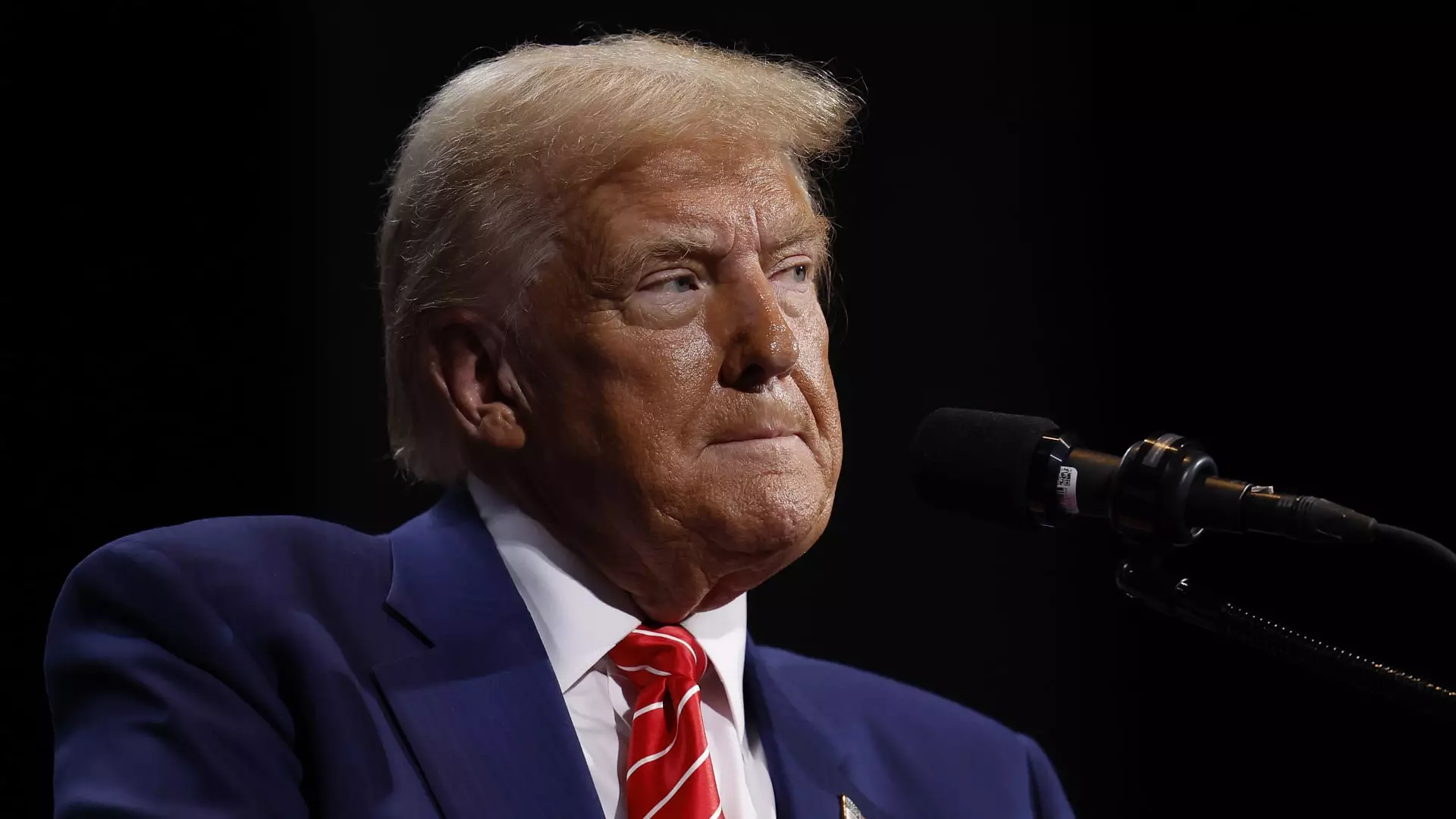In a profound injustice that shook the fabric of the American legal system, five young men known as the Central Park Five were wrongfully convicted of crimes they did not commit. The notorious case dates back to April 1989 when these teenagers—Yusef Salaam, Raymond Santana, Kevin Richardson, Antron McCray, and Korey Wise—were falsely accused and ultimately convicted for the assault and rape of a jogger in New York City’s Central Park. Their convictions were based on coerced confessions and scant evidence, culminating in years of imprisonment before they were exonerated in 2002 following the emergence of DNA evidence that pointed to another assailant.
This miscarriage of justice highlights systemic failures within the criminal justice system, particularly regarding race, age, and socioeconomic status. The flawed investigations and biased media portrayals created an environment ripe for prejudice, leading to their convictions that not only devastated their lives but also ignited a national conversation about race and justice in the United States.
Donald Trump’s involvement in the Central Park case traces back to 1989 when he took out a full-page advertisement in several New York newspapers, demanding the reinstatement of the death penalty and calling for a harsher approach to crime in the city following the jogger’s assault. Though his ad did not specifically name the accused, it contributed to the atmosphere of vilification surrounding the teenagers, exacerbating existing racial tensions.
Fast forward to the recent political landscape, where Trump has been accused of further defamation in remarks made during a September debate against Democratic nominee Kamala Harris. His comments suggested that the Exonerated Five had ‘admitted’ to their crimes—an assertion that stands in stark contrast to their actual innocence and the subsequent exoneration that followed years of legal battles.
On Monday, the Exonerated Five filed a lawsuit against Trump in federal court in Philadelphia, asserting that his comments during the debate defamatoryly misrepresented their past, suggesting not only that they had committed murder but also that they had admitted guilt in a crime for which they were wrongfully condemned. The lawsuit claims that Trump’s statements constitute defamation, false portrayal, and intentional infliction of emotional distress.
According to the filing, the plaintiffs state unequivocally that “Plaintiffs never pled guilty to any crime and were subsequently cleared of all wrongdoing,” pointing specifically to the damaging impacts of Trump’s rhetoric that has historically reawakened the pain associated with their wrongful convictions. In an era where misinformation spreads rapidly, their legal battle not only seeks redress for personal grievances but also emphasizes the need for accountability in public discourse, especially when individuals wield immense influence.
Trump’s campaign quickly dismissed the lawsuit as another attempt by “desperate left-wing activists,” referring to it as a “frivolous” move designed to distract from the Democratic party’s platform. This response is indicative of a growing trend in American politics, where legal challenges against public figures can quickly devolve into partisan skirmishes, overshadowing the substantive issues at hand.
However, the implications of the Exonerated Five’s lawsuit extend beyond mere financial compensation. The case serves as a critical reminder of the responsibilities borne by public figures—especially politicians—when discussing sensitive matters that are rooted in historical injustices. It pushes forward the conversation around accountability, truth in public statements, and the intricacies of how narratives surrounding race and justice are constructed and deconstructed.
The Exonerated Five’s pursuit of justice underscores their enduring fight not only for personal vindication but also for a broader acknowledgment of the systemic flaws that allowed such egregious miscarriages of justice to occur. As they confront powerful figures like Donald Trump, the case highlights the ongoing struggle against false narratives that can significantly impact lives and public perceptions.
Their legal battle reminds us of the importance of truth in our communities and the necessity of confronting and correcting the historical wrongs that continue to resonate today. The outcome of their lawsuit holds the potential to set precedents for the intersection of public figure statements and personal accountability, meaning much more than just monetary recompense—it’s about dignity, recognition, and justice for those wronged by a flawed system.


Leave a Reply